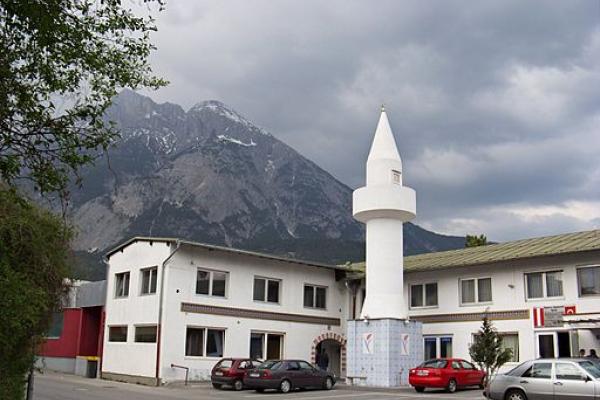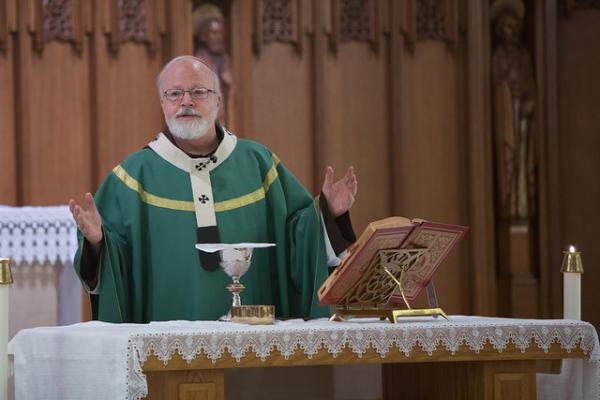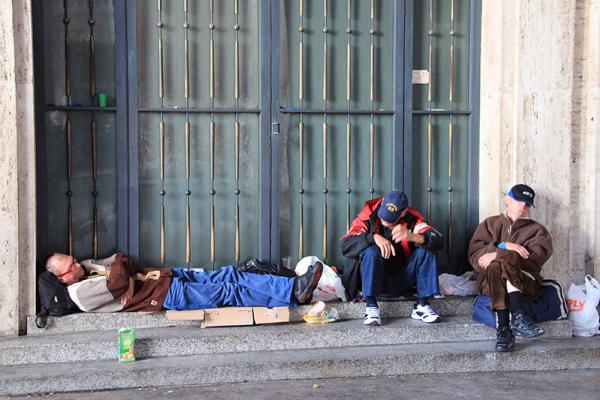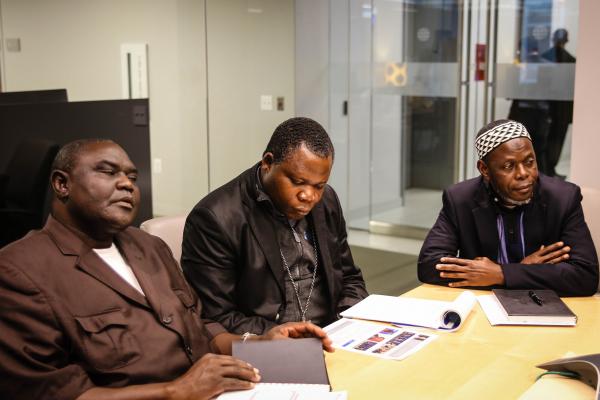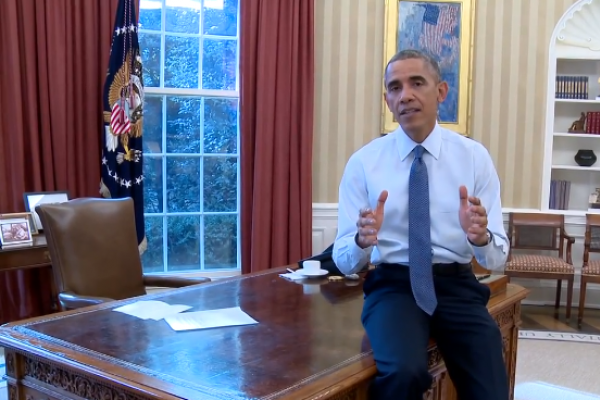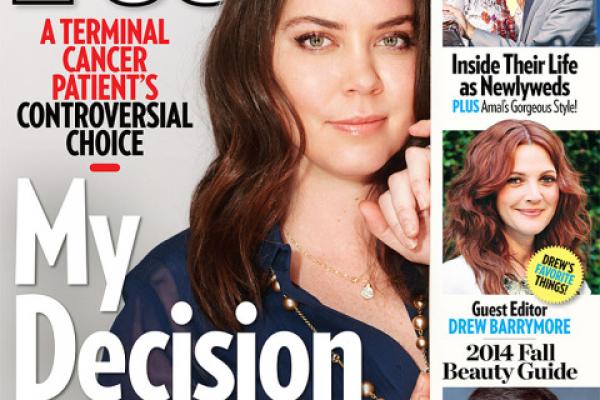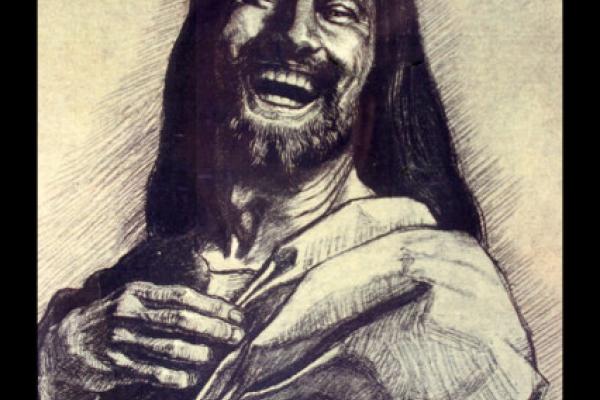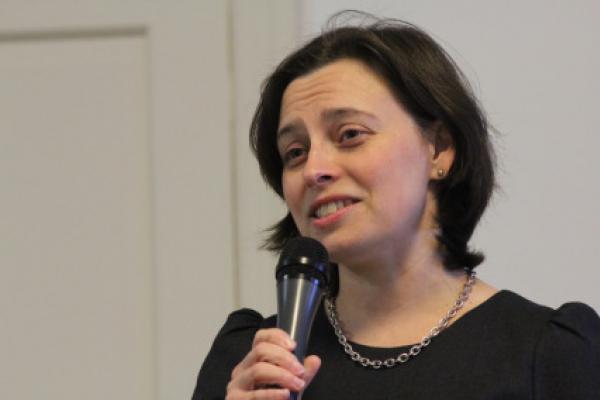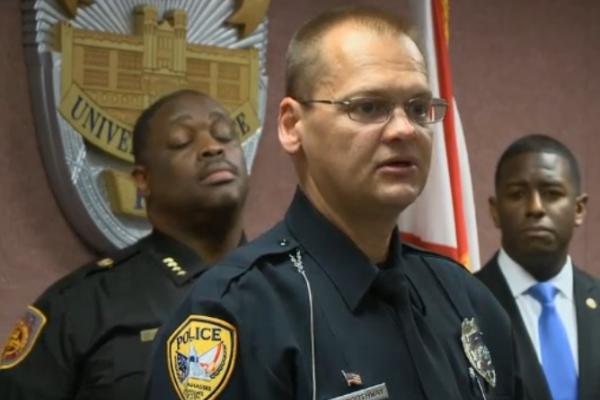Austria’s Muslim community is incensed over the government’s plans to amend the country’s century-old law on Islam.
The new bill, championed by Minister for Foreign Affairs and Integration Sebastian Kurz, forbids foreign funding of mosque construction or of imams working in the country and requires a unified German-language translation of the Quran.
The government argues the legislation, which Parliament will vote on this month, will help combat Islamic radicalism. Muslim groups and civic activists say it flouts the principle of equality.
“There is a general tone of mistrust toward Muslims,” said Carla Amina Baghajati, a prominent Muslim rights activist and spokeswoman for the country’s Islamic Religious Authority, referring to the bill. “The 1912 Islam law has set up a model of how state acknowledgment of a religious minority can help this minority better integrate. Muslims in Austria are proud of this law.”
Following up on remarks to “60 Minutes” about the clergy sex abuse crisis and other controversial topics, Boston Cardinal Sean O’Malley has stressed that the Catholic Church needs a system to hold bishops accountable and must “avoid crowd-based condemnations.”
“We are all aware that Catholics want their leaders to be held accountable for the safety of children, but the accountability has been sporadic,” O’Malley wrote in a column posted Nov. 19 at the website of the archdiocesan newspaper. “We need clear protocols that will replace the improvisation and inertia that has often been the response in these matters.”
“Bishops also deserve due process that allows them to have an opportunity for a fair hearing,” he added.
O’Malley’s column was responding to both praise and criticism of his CBS interview broadcast Nov. 16 in which he said the Vatican needs to respond “urgently” to cases like that of Missouri Bishop Robert Finn, who remains in office despite a conviction in 2012 for failure to report concerns about a priest, the Rev. Shawn Ratigan, who was later convicted of federal child pornography charges.
The cardinal said Francis, who recently sent a Canadian archbishop to Finn’s diocese to investigate, was personally aware of the situation.
In the “60 Minutes” interview, O’Malley also called the Vatican’s investigation of American nuns a “disaster” and said if he were starting a church “I’d love to have women priests,” but he added that’s not what Jesus did. Both comments sparked strong reactions.
Market speculation and pursuit of profits are hindering the global fight against hunger and poverty, Pope Francis said Nov. 20.
In an address at a U.N. conference in Rome on nutrition, the pope urged the world’s wealthiest nations to do more to help those in need.
“Perhaps we have paid too little heed to those who are hungry,” the pope told delegates from more than 170 countries attending the global gathering at the U.N.’s Food and Agriculture Organization.
“It is also painful to see that the struggle against hunger and malnutrition is hindered by ‘market priorities,’” the pope said.
“The hungry remain, at the street corner, and ask to be recognized as citizens, to receive a healthy diet. We ask for dignity, not for charity.”
The Argentine pope has often called for greater compassion and justice for the world’s poor since his election last year, and he has made charity a priority of his pontificate.
People of faith can play an important role in helping each child of God realize his/her potential. Join us in standing up for education by signing the #UpForSchool petition, an urgent appeal to get every child into school—no matter who they are or where they are born.
When we invest in schooling for all children, lives are transformed for generations to come. For example, closing the education gap for girls reduces child marriage rates, leads to more income later in life, and lowers the rate of HIV/AIDs. Access to equal education is not only essential to building stronger economies and a healthy society, but it honors the God-given dignity of children.
My mom would agree: education is empowerment. It provides freedom and a better future—and no child in the world should be denied it.
Let us all pray that every child can go to school.
And let’s join other faith communities to make sure it happens—sign the petition now.
“Since you are believers, I will speak to you as believers,” the archbishop told us, before explaining how he and his two colleagues — a Muslim imam and an evangelical pastor — have drawn on their faith in order to work for peace and reconciliation in Central African Republic (CAR). “If we want our hearts to be … like the heart of God, we need to learn to love other people, we need to learn to live in peace with them and to take them in. This is the only way we will be true children of God."
When the Seleka, a loose coalition of predominantly Muslim rebels, overturned CAR’s government in 2013, the anti-balaka, a loose coalition of predominantly Christian fighters, began to retaliate. At face value, the conflict seemed to be a religious one, event though Christians and Muslims in CAR have co-existed in relative peace for much of its 50-year history. Yet the twin forces of political instability and lack of economic opportunity have created an environment in which militias and rebel groups can prey upon young, unemployed men who see no hope for a future unless they fight for it.
Despite the chaos and conflict that have raged throughout CAR since March 2013, Dieudonné Nzapalainga, the Catholic Archbishop of Bangui, Imam Oumar Kobine Layama, President of the Central African Islamic Community, and Rev. Nicolas Guérékoyame-Gbangou, President of the Evangelical Alliance of the Central African Republic, have united to teach their flocks what it means to be “true children of God.” As news reports have focused on the violence and displacement of some 800,000 Central African Republicans, these three faith leaders have instead focused more deeply on what their faith traditions tell them is true. And that faith has propelled them to seek peace and reconciliation in their war-torn country.
For their work, the three leaders were jointly listed among TIME’s 100 Most Influential People in April and received an award from Search for Common Ground last week.
“When politicians wanted to use the religious fibers to divide the people, whether to maintain power or to conquer it, we stood up as if we were a single man to say ‘non’ to this war and ‘yes’ to peace,” the archbishop said in his acceptance speech.
Yesterday, President Obama released a short video providing more information on a much-anticipated executive action announcement on immigration policy. While the details remain unclear on how many of the 11 million undocumented and aspiring Americans will be covered, relief is rumored to the following:
- Temporary legal protection for undocumented parents of children who are legal U.S. citizens.
- Temporary legal protection for undocumented immigrants with a longstanding presence in the United States.
- Extension of the 2012 Deferred Action for Childhood Arrivals (DACA) program.
The president will address the nation tonight at 8 p.m. ET. Watch the speech live here.
Brittany Maynard chose to die Nov. 1, but on what would have been her 30th birthday Nov. 19, her voice in support of the Right to Die movement rang loud.
Maynard, who had an aggressive brain tumor, was the face of Compassion & Choices, the advocacy group campaigning to legalize physician-assisted dying in all 50 states. She still is.
On her birthday, the group released a “call to action” video with passages and narration drawn from prerecorded videos with Maynard (pronounced MayNARD) and other advocates explaining why the right to die by legal prescription is important to them. It is now legal in Oregon, Washington, Montana, Vermont, and New Mexico.
In the video, Maynard concludes: “If there’s one message to come away from everything that I’ve been through, it is no matter what life kind of presents you with, is never be afraid to use your own voice. And even if you are uncertain, even if your voice is shaking, ask the questions you want to ask, speak up for yourself. Advocate.”
Another day, another stunning blockbuster report that … Jesus was married! And to Mary Magdalene!
The latest version of this meme comes from Simcha Jacobovici, an author and filmmaker who is famous for promoting stunning theories about Jesus that on further review often turn out to be dubious.
Jacobovici’s new claim that he has decoded an old text that reveals Jesus and the Magdalene were married and had two kids (and she was a “co-deity” with her husband) came out this month and has also been widely dismissed.
But as happened earlier this year with the so-called “Gospel of Jesus’s Wife” — a suspect papyrus that receives a further debunking in the latest edition of the Atlantic — people find Jesus’ sex life endlessly fascinating, and plausible.
Why is that? Here are five reasons.
Dozens of faith leaders and consumer advocates are pressing Congress to create a national interest rate cap for payday lenders instead of the exorbitant three-digit rates currently charged to people in several states.
Eighty activists from 22 states came to Washington in hopes of shaping new regulations that are expected from the Consumer Financial Protection Bureau. Many of their congregations are surrounded by payday loan businesses that they say prey on poor residents by charging high interest rates and creating a cycle of debt.
“Together, you guys are really bringing a strong message and a light and a moral perspective about predatory lending that’s valuable,” said Rachel Anderson, director of faith-based outreach for the Center for Responsible Lending, which spearheaded a three-day visit and training session for religious leaders on Capitol Hill. “We hope that your message is heard strongly.”
The leaders asked members of Congress on Nov. 19 to pass legislation capping interest rates, citing a 36 percent interest cap required by the Military Lending Act.
“If it’s fair for the military, we felt it should be fair for all people,” said the Rev. Susan McCann of Grace Episcopal Church in Liberty, Mo.
Early Thursday morning a gunman opened fire in a library at Florida State University, wounding three students before being fatally shot by police officers. Wielding a handgun, the shooter entered the library and forced hundreds of students studying for exams to flee or take cover behind bookshelves. NBC News reports:
FSU Police Department Chief David Perry said the library was “packed with students studying for final exams” and estimated that there were 300 to 400 people in the building. One group of students sought refuge behind rows of bookshelves. “Everyone started running to one side of the library, then to the back,” one 20-year-old communications student who asked not to be identified told NBC News. “People were saying, ‘Gun! There’s a shooter! Go! Go! Go!’" She said her group hid among bookcases for what she said felt like 20 minutes. Once given the all-clear, the group was escorted to a campus building next door where they stayed until 4 a.m.
Although the identity of the shooter is unknown, police officers believe he was acting alone and that there is no further threat to students at FSU.
